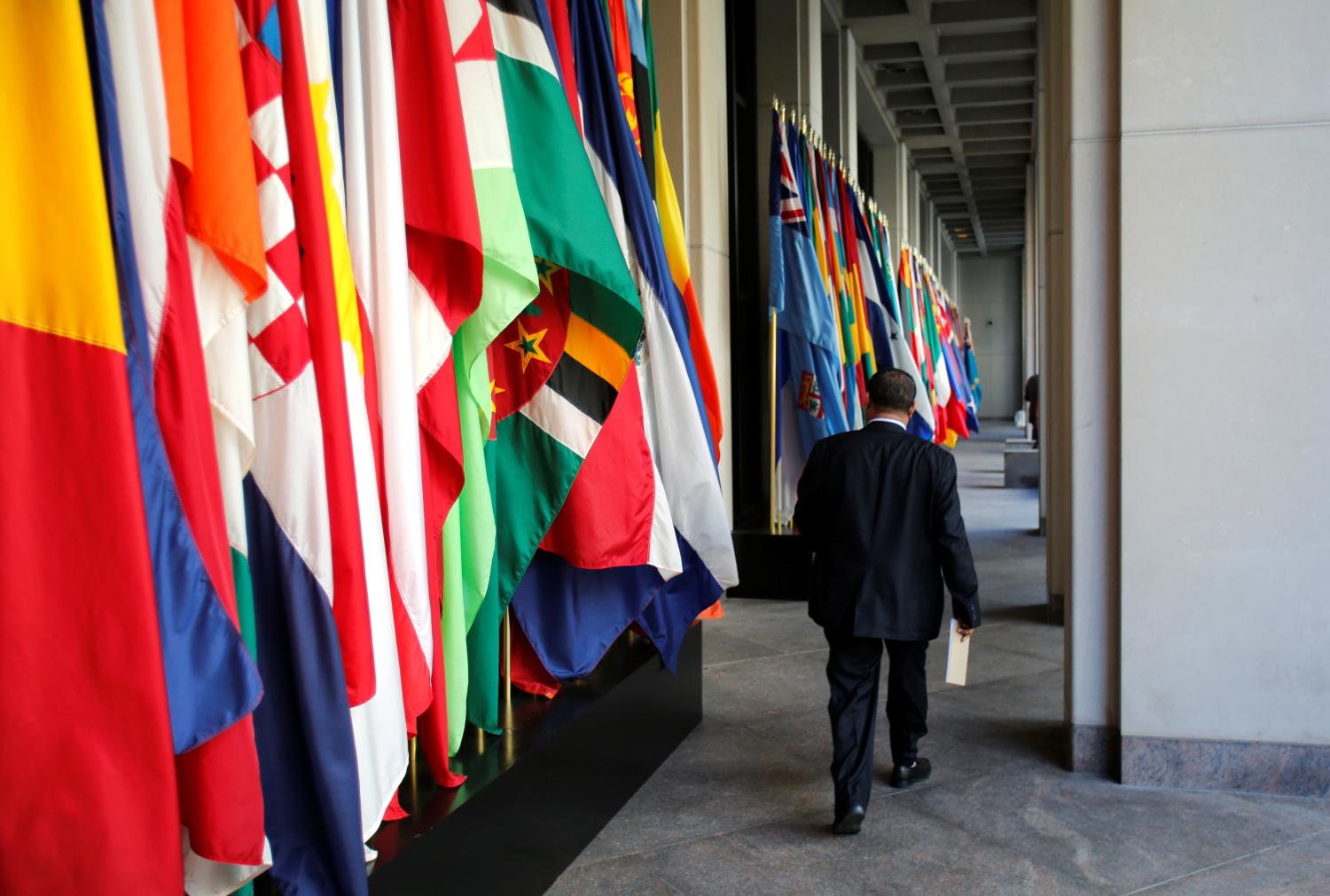Abstract
We review the large literature on various economic policies that could help developing economies effectively manage the process of financial globalization. Our central findings indicate that policies promoting financial sector development, institutional quality and trade openness appear to help developing countries derive the benefits of globalization. Similarly, sound macroeconomic policies are an important prerequisite for ensuring that financial integration is beneficial. However, our analysis also suggests that the relationship between financial integration and economic policies is a complex one and that there are unavoidable tensions inherent in evaluating the risks and benefits associated with financial globalization. In light of these tensions, structural and macroeconomic policies often need to be tailored to take into account country specific circumstances to improve the risk-benefit tradeoffs of financial integration. Ultimately, it is essential to see financial integration not just as an isolated policy goal but as part of a broader package of reforms and supportive macroeconomic policies.
The Brookings Institution is committed to quality, independence, and impact.
We are supported by a diverse array of funders. In line with our values and policies, each Brookings publication represents the sole views of its author(s).







